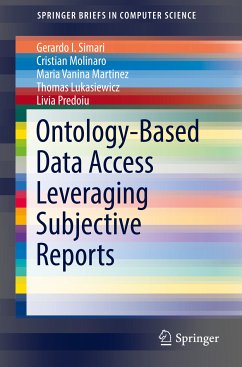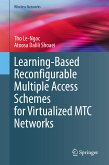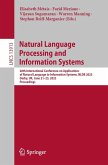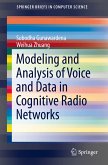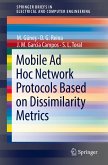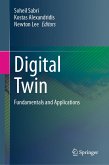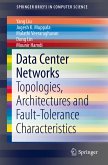Throughout this knowledge engineering effort the authors adopt the Datalog+/- family of ontology languages as the underlying knowledge representation and reasoning formalism, and investigate several alternative ways in which rankings can b
e derived, along with algorithms for top-k (atomic) query answering under these rankings. This SpringerBrief also investigate assumptions under which our algorithms run in polynomial time in the data complexity.
Since this SpringerBrief contains a gentle introduction to the main building blocks (OBDA, Datalog+/-, and reasoning with preferences), it should be of value to students, researchers, and practitioners who are interested in the general problem of incorporating user preferences into related formalisms and tools. Practitioners also interested in using Ontology-based Data Access to leverage information contained in reviews of products and services for a better customer experience will be interested in this brief and researchers working in the areas of Ontological Languages, Semantic Web, Data Provenance, and Reasoning with Preferences.
Dieser Download kann aus rechtlichen Gründen nur mit Rechnungsadresse in A, B, BG, CY, CZ, D, DK, EW, E, FIN, F, GR, HR, H, IRL, I, LT, L, LR, M, NL, PL, P, R, S, SLO, SK ausgeliefert werden.

